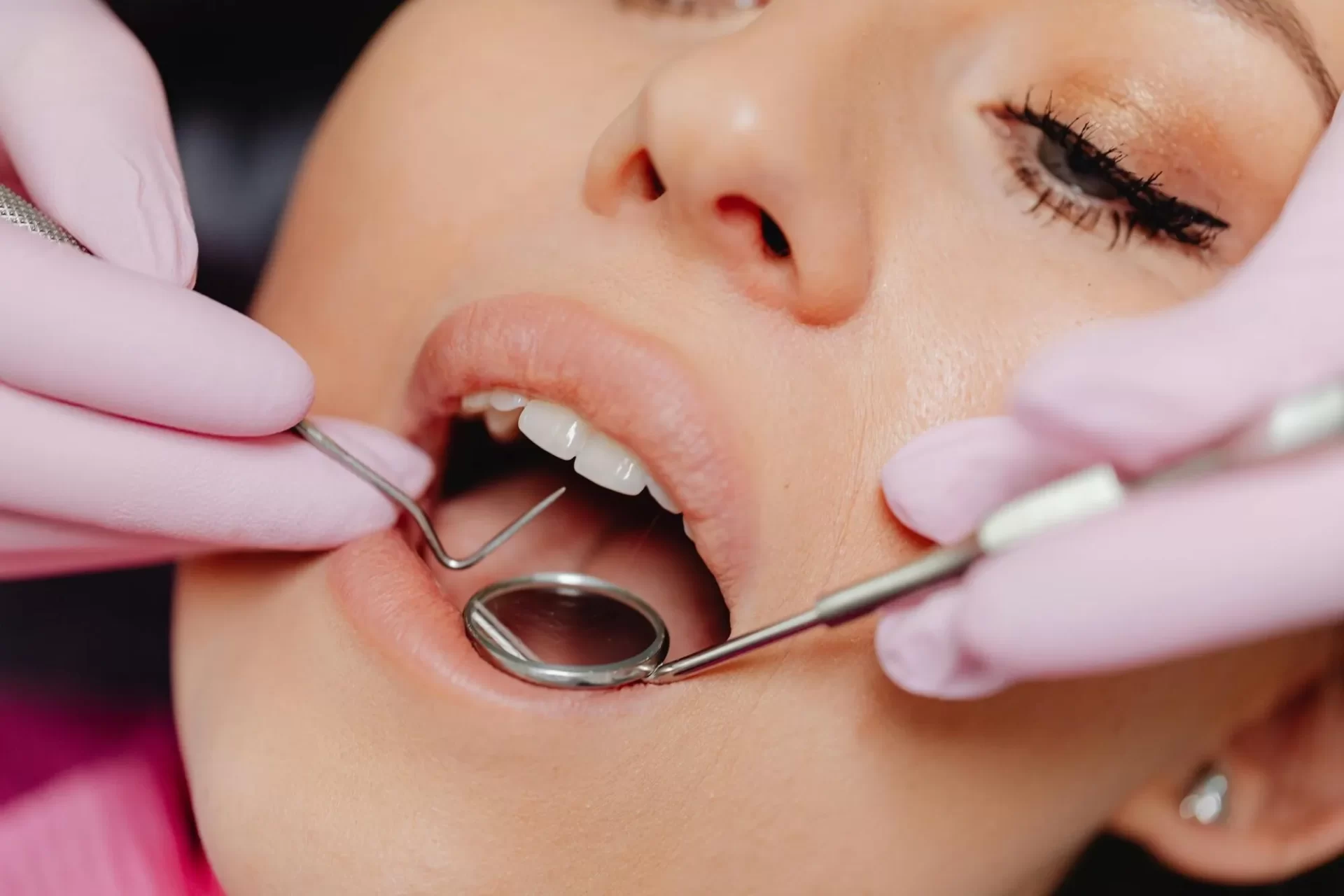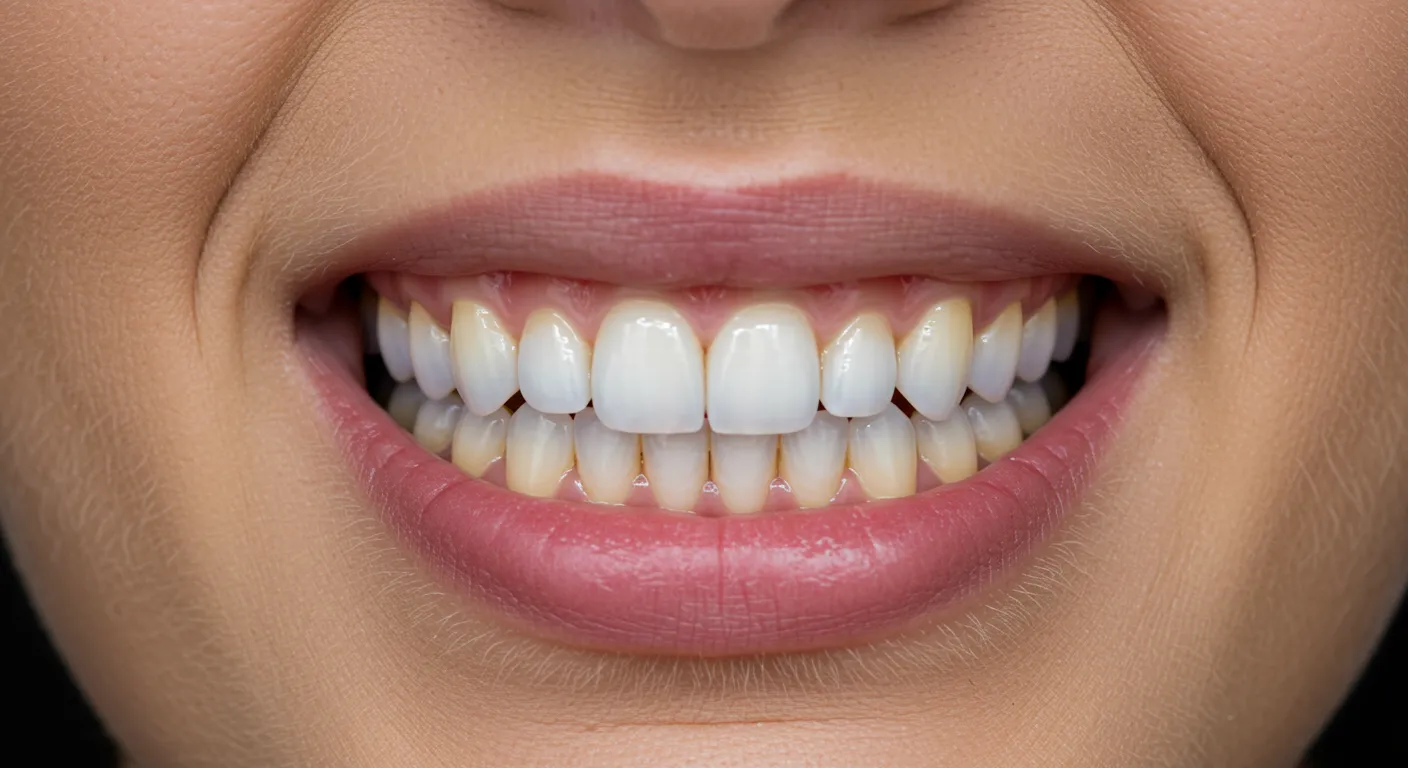When it comes to protecting and enhancing your teeth, dental crowns are a versatile solution. But with different types available, how do you know which one is right for you?
In this blog post, we’ll explore the five main types of crowns, weigh their pros and cons, and compare their costs. This guide will help you make an informed decision.
Read on!
1. Porcelain-Fused-to-Metal (PFM) Crowns
An ideal choice for durability and aesthetics, PFM crowns are made from strong metal and attractive porcelain. The metal base provides excellent support and longevity, while the porcelain overlay mimics the natural look of teeth.
Over time, the metal base may show as a dark line at the gum line, and the porcelain can chip or wear down. This can be a disadvantage for those seeking a completely natural appearance.
The cost of such dental care services ranges from $500 to $1,500 per tooth, making them a mid-range option in terms of expense. Such dental crown cost is often covered by dental insurance plans.
2. All-Porcelain Crowns
All-porcelain crowns are highly aesthetic and offer a natural, tooth-like appearance. They are an excellent choice for front teeth and are biocompatible, reducing the risk of allergic reactions.
They are not as strong as metal-based crowns and are more prone to cracking or chipping, especially on back teeth where the bite force is higher.
All-porcelain crowns are typically more expensive, ranging from $800 to $2,000 per tooth, reflecting their superior aesthetic qualities and materials.
3. Gold Crowns
Gold crowns are exceptionally durable and strong, withstanding heavy biting and chewing forces without wearing down. They also require less tooth removal and have a long lifespan.
The primary drawback is their metallic color, which is not suitable for visible front teeth. Some patients may also have allergies to metal.
Gold crowns generally range from $600 to $2,500 per tooth, depending on the amount of gold used and current market prices for gold.
Also Read: A Complete Guide About the Benefits of Front Dental Implants
4. Zirconia Crowns
Zirconia crowns are known for their incredible strength and durability, making them ideal for both front and back teeth. They also offer a good aesthetic appearance and are biocompatible, reducing the risk of adverse reactions.
While zirconia crowns are very strong, they can be abrasive to opposing teeth, potentially causing wear over time. Their cost can also be a limiting factor for some patients.
Zirconia crowns are one of the more expensive options. Such dental care services typically cost ranging from $1,000 to $2,500 per tooth, reflecting their durability and material quality.
If you’re looking for dental crowns in lexington, ky, zirconia is a great option to consider alongside other materials when discussing your needs with a dentist.
5. Stainless Steel Crowns
Stainless steel crowns are primarily used as a temporary measure, especially for children’s teeth. They are durable, cost-effective, and require minimal tooth preparation.
Their metallic appearance is not aesthetically pleasing, making them unsuitable for visible areas in the long term. They are also not a permanent solution for adults.
Stainless steel crowns are the least expensive option, usually costing between $100 and $300 per tooth, making them an affordable choice for temporary or pediatric use.
Differentiate Various Types of Crowns
Choosing the right type of crown for your dental needs can be daunting. It’s important to consider factors such as strength, aesthetics, biocompatibility, longevity, and cost when making this decision.
These types of crowns all have their unique benefits and drawbacks, and it’s best to consult with your dentist to determine which one is the most suitable for you. They can assess your specific dental needs and make a recommendation based on their expertise.
If you want to read more, visit our blog page.




